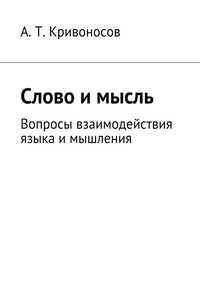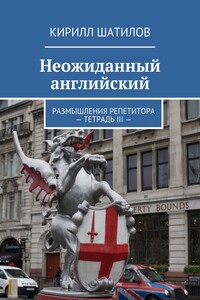Английский язык для юристов. Предпринимательское право | страница 49
An injunction is an order issued by a court directing that a party do or refrain from doing something. An injunction may be either temporary or permanent.
Exercise 1. Comprehension questions:
1. In what terms must be the contract performed when the time is not stated in the contract?
2. How is satisfactory performance of the contract determined?
3. How may be the contractual conditions classified?
4. What does a condition precedent require?
5. Explain what is a condition concurrent.
6. Think of examples of conditions subsequent.
7. What does tender of performance mean?
8. What does mutual rescission require?
9. Contrast termination by waiver and mutual rescission.
Exercise 2. Find in the text English equivalents to the following:
Прекращение договора до наступления срока исполнения; компенсаторные убытки; оконченное исполнение; взаимозависимые условия; предварительное условие; общий отказ; побочные, случайные убытки; оценочная неустойка; номинальное возмещение; исполнение; убытки, присуждаемые в качестве наказания; разумно необходимый срок; достаточное исполнение; реальное исполнение; исполнение всех существенных условий договора; предложение платежа; предложение исполнения; отказ правообладателя от чего-либо.
Exercise 3. Consult recommended dictionaries and give words or phrases to the following definitions:
Исполнение обязательств надлежащему лицу; исполнение обязательств третьим лицом; исполнение альтернативного обязательства; солидарные обязательства; встречное исполнение обязательства; исполнение обязательств по частям; валюта денежных средств; признание права; взыскание убытков; присуждение к исполнению обязанностей в натуре.
Exercise 4. Be ready to talk on one of the following topics:
1. Compare the different ways the court enforces performance of a contract.
2. Describe the standards that are used to determine whether or not the performance of a contract is satisfactory.
3. Contrast complete performance with substantial performance.
4. Discuss the ways that contracts are discharged.
5. Identify the remedies that are available to an injured party when a contract is breached.
Exercise 5. Make up your own dialog on the case: In Grandi v. LeSage, the buyer purchased a racehorse for breeding purposes. The seller had represented the horse to be a stallion; in fact, the horse was a gelding. The buyer revoked acceptance and brought suit to recover purchase price and incidental damages. The final award included incidental damages for the care, feeding, and maintenance of the horse for about three month at $1.50 per day.



